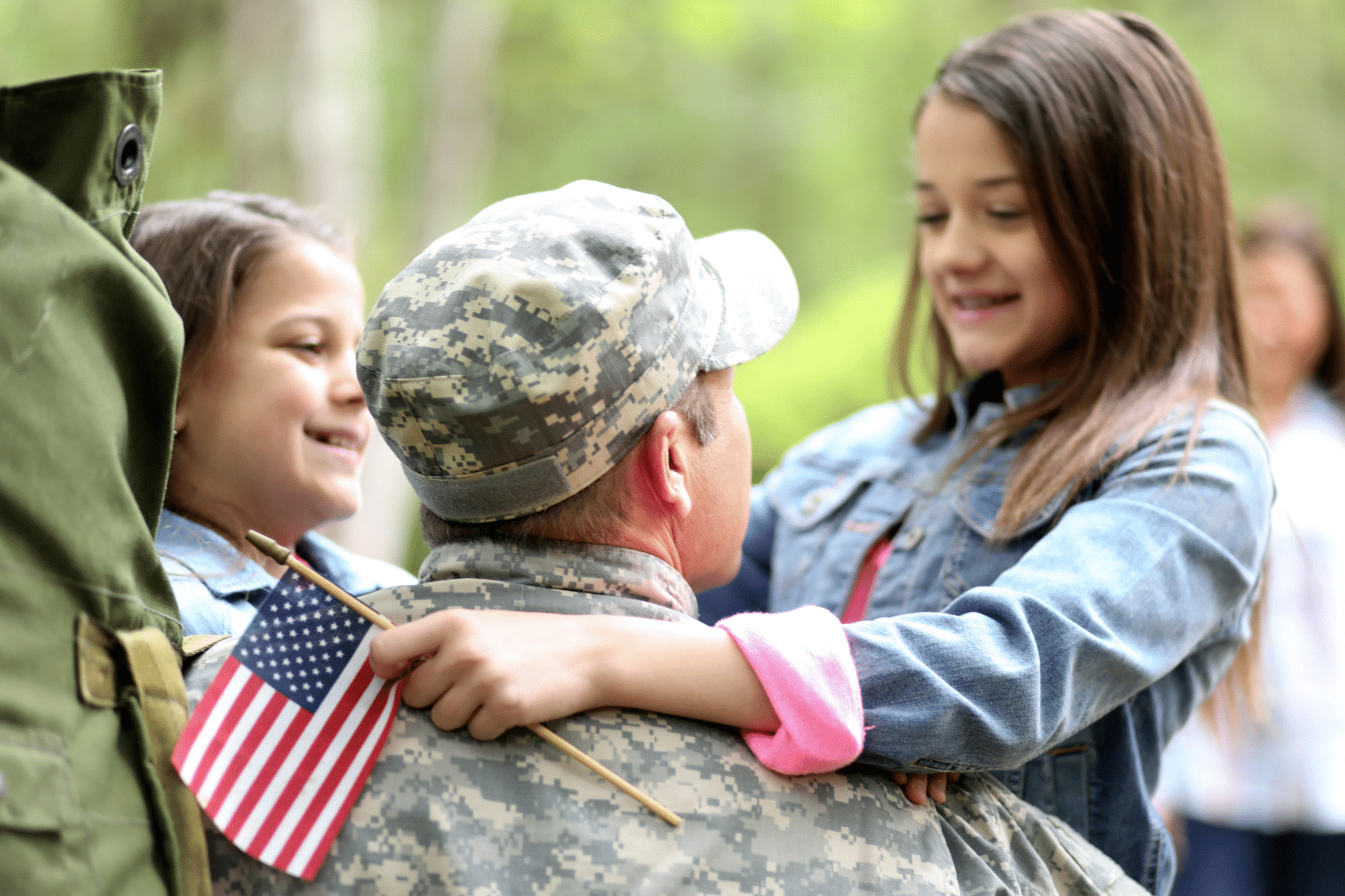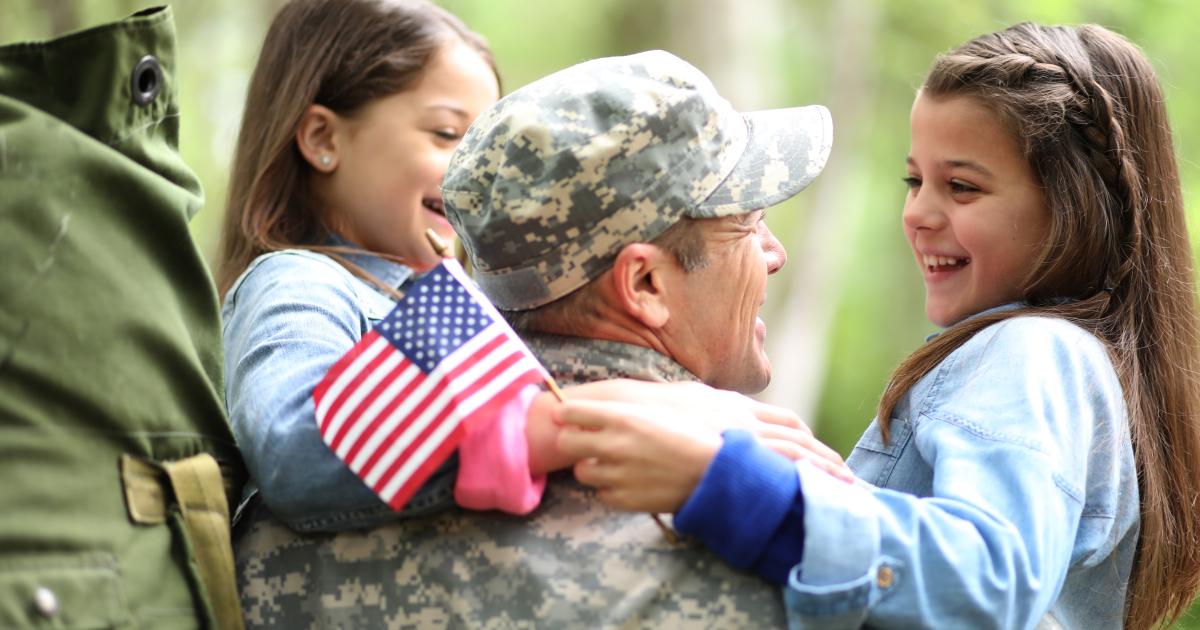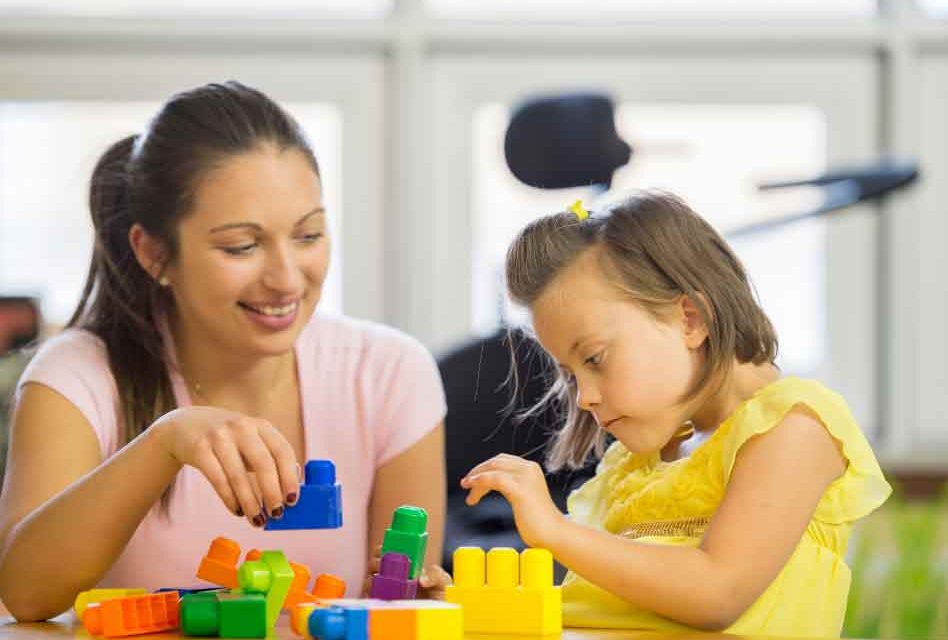Helping Military Children Adjust to School Transitions
Helping military children adjust to school changes requires a strong support system. Understanding their unique challenges and emotions is key. Communicate openly with school staff for consistent planning. Emotional support and stability at home are essential during changes. Stay engaged in their academics and seek peer connections. Building a support network and utilizing military resources can ease the adjustment. Address behavioral challenges promptly with effective strategies. Remember to prioritize your own self-care to better support your child. Each step plays an important role in their adjustment process.
Key Takeaways
- Utilize School Liaison Support for academic adjustments and resources.
- Maintain open communication with school officials for consistent academic planning.
- Engage proactively to aid children’s adaptation to the new school environment.
- Encourage peer support networks and community involvement for smoother transitions.
- Implement academic continuity strategies for a seamless adjustment process.
Understanding the Military Lifestyle

Understanding the military lifestyle can provide valuable insights into the unique experiences that military children face during school changes. Military culture, with its deployment challenges and frequent relocations, often shapes the way children perceive the world around them.
As a military child, you may have encountered situations where one or both of your parents were deployed, leading to feelings of isolation or anxiety. These deployment challenges can impact your emotional well-being and academic performance, especially during shifts between schools.
Being part of a military family means adapting to change as a way of life. The resilience and strength you develop through these experiences are remarkable. However, it’s crucial to acknowledge that these challenges can also bring about moments of uncertainty and adjustment.
Your understanding of military culture gives you a unique perspective that not everyone may comprehend. Remember, it’s okay to feel a mix of emotions during school changes, and seeking support from family, friends, and school resources can make the adjustment smoother.
Embrace your military identity and the strength it instills within you.
Communication With School Officials

When reaching out to school officials during military changes, remember that School Liaison Support is there to assist you in managing the academic adjustments seamlessly.
By maintaining open communication, you can guarantee consistent academic planning and support for your child throughout the shift process.
Your proactive approach in engaging with school officials will greatly benefit your child in adapting to their new educational environment.
School Liaison Support
For military children changing schools, connecting with school liaisons can greatly ease the process by facilitating communication with school officials. School liaisons serve as crucial links between military families and educational institutions, offering support in maneuvering new environments. These liaisons can help establish community connections, providing resources for both parents and students. By fostering peer support networks, they create a sense of belonging that aids in the change.
Moreover, school liaisons advocate for education tailored to the unique needs of military children. They assist in family engagement, ensuring that parents are involved in their child’s academic journey. This collaborative approach not only supports the children but also helps parents feel more connected to the school community.
Through the efforts of school liaisons, military children can receive the necessary support to thrive academically and socially during school adjustments. Their dedication to facilitating communication and fostering a supportive environment is invaluable in helping these children adapt successfully.
Consistent Academic Planning
To guarantee a smooth shift for your child when changing schools, establishing consistent academic planning through open communication with school officials is essential. Educational stability and goal setting are important elements to keep in mind during this change. By discussing your child’s academic needs and goals with school officials, you can make certain that there’s a clear plan in place to support their educational journey.
Consistent routines play a significant role in promoting academic success. Communicating with teachers and counselors can help maintain a sense of stability for your child, even amidst the changes that come with moving schools.
Emotional Support for Children

During times of change, it’s important to provide children with the emotional support they need to navigate changes effectively. As a military child moving between schools, you may experience a range of emotions.
Parent involvement plays a critical role in offering a sense of stability and reassurance. Encouraging peer connections can also help you feel less isolated and more understood during this period.
If you find yourself struggling to cope with the changes, don’t hesitate to seek out counseling services. Talking to a professional can provide you with valuable coping skills to manage any anxiety or stress you may be feeling.
Academic Continuity Strategies
Managing academic continuity during school changes can be challenging, but remember that you’re not alone.
Establishing academic support networks, utilizing change planning tools, and staying connected through school communication channels can help ease the process.
Academic Support Networks
Establishing strong academic support networks is essential for ensuring a smooth adjustment for military children as they navigate changes in schools.
Tutoring programs can provide personalized assistance, helping children catch up on missed material or explore deeper into challenging subjects. Parent involvement is key; by actively engaging with teachers and school staff, parents can stay informed about their child’s progress and advocate for any additional support needed.
Peer mentoring programs offer a valuable source of guidance and friendship for military children, connecting them with peers who understand the unique challenges they may face during school adjustments.
Educational advocacy plays an important role in ensuring that military children receive the necessary accommodations and resources to thrive academically.
Transition Planning Tools
To promote a seamless academic switch for military children, it’s helpful to equip them with tools and strategies that promote continuity in their learning experiences. Changeover resources play an important role in aiding military children during school changes. These resources can include academic assessments to determine where the child stands in their education, ensuring a smooth shift between schools. Additionally, personalized learning plans can help cater to individual needs, ensuring that children receive the necessary support to thrive academically.
School partnerships are essential in creating a supportive environment for military children. Collaborating with both the previous and new schools can facilitate the sharing of important academic information, ensuring that the change is as smooth as possible. By working together, schools can help maintain consistency in curriculum and teaching methods, making the adjustment period less challenging for military children. This partnership can also aid in identifying any potential gaps in learning and provide additional support where needed.
Through utilizing switch planning tools and fostering strong school partnerships, military children can navigate school changes with greater ease and confidence.
School Communication Channels
Utilizing effective school communication channels is essential in maintaining academic continuity for military children during school changes. As a parent, staying informed about your child’s academic progress and any upcoming changes is vital.
Engaging in parent-teacher meetings provides an opportunity to discuss your child’s unique needs, strengths, and areas that may require additional support during the adjustment. These meetings allow for a collaborative approach between you, the teacher, and the school to guarantee your child’s educational needs are met seamlessly.
Moreover, staying updated through school newsletters can offer valuable insights into school events, curriculum updates, and resources available to support your child’s learning. Newsletters can serve as a valuable communication tool, keeping you informed about important dates, academic expectations, and ways to get involved in your child’s education.
Building a Support Network
Building a strong support network can greatly ease the challenges of school changes for military children. Community involvement plays an essential role in creating a supportive environment for these adjustments. By engaging with local organizations, such as military family support groups or school parent associations, you can connect with others who understand the unique experiences of military life. These community connections can provide valuable resources, information, and emotional support as your child navigates a new school setting.
Encouraging peer connections is another key aspect of building a support network for military children. Helping your child make friends in their new school can foster a sense of belonging and stability during times of change. Encourage them to participate in extracurricular activities, join clubs, or attend school events to meet new peers and establish meaningful connections.
Leveraging Military Resources

You can access a wealth of support and resources by tapping into the military network available to you and your child during school changes. The military community is a robust network that understands the challenges of frequent relocations and adjustments. Leveraging these resources can greatly benefit your child’s adaptation to a new school environment.
One of the key advantages of being part of the military community is the access to specialized support services. Military installations often have programs in place to assist families with school adjustments. These services can include counseling, educational support, and information on local schools to help ease the adjustment process for your child.
Additionally, reaching out to other military families who’ve gone through similar adjustments can provide valuable insights and emotional support. Connecting with other parents can create a sense of camaraderie and understanding during this period of change.
Addressing Behavioral Challenges
Managing behavioral challenges during school changes can be a common concern for military children and their families, but there are effective strategies to address these issues proactively. Behavior management is key in helping children navigate shifts smoothly.
Encouraging open communication with your child about their feelings and concerns can aid in identifying potential behavioral issues early on. Coping strategies such as creating a routine, setting realistic expectations, and providing a safe space for expression can also be beneficial.
Parent involvement plays an important role in addressing behavioral challenges. By staying engaged with your child’s school, teachers, and counselors, you can work together to support your child’s adjustment. Additionally, seeking counseling services for your child can provide them with the necessary tools to cope with stress and emotions related to changing schools.
Self-Care for Parents
During times of change, prioritizing self-care as a parent is essential for maintaining your well-being and supporting your child through the changes ahead.
As a military parent, the stress of shifts can be overwhelming, but incorporating stress management and coping strategies into your routine can make a significant difference. Remember to take breaks when needed, practice deep breathing exercises, or engage in activities that bring you joy to help alleviate stress.
Effective time management is vital during shifts. Create schedules or to-do lists to stay organized and prioritize tasks based on urgency. Delegate responsibilities when possible, and don’t hesitate to ask for help from friends, family, or support groups.
Setting aside time for relaxation techniques like meditation, yoga, or mindfulness can also help you unwind and rejuvenate.
Frequently Asked Questions
Can Military Children Participate in Extracurricular Activities During School Transitions?
Yes, military children can participate in extracurricular activities during school changes. Parent involvement and community connections help provide social support, contributing to academic success. Encouraging participation fosters a sense of belonging and stability amidst changes.
How Can Military Parents Involve Extended Family in Supporting Their Children?
You can involve extended family in supporting your children by communicating openly about the challenges they face during changes. Encouraging regular check-ins, visits, and providing emotional support can create a strong network of care for your kids.
Are There Specific Resources Available for Military Children With Special Needs?
You’ll find various support organizations and advocacy groups tailored to military children with special needs. These resources offer educational accommodations, therapy services, and guidance to make certain your child receives the tailored support they require.
What Steps Can Military Families Take to Maintain Friendships During Transitions?
Maintaining friendships during changes can be challenging. Stay connected through parent involvement in school activities, use communication strategies to keep in touch, and engage with the community. These steps can help foster social connections for your family.
How Can Military Children Maintain a Sense of Identity and Belonging in New Schools?
To maintain a sense of identity and belonging in new schools, embrace your uniqueness. Engage with diverse cultures, share your story, and seek connections. Embrace change; it’s an opportunity to grow and expand your horizons.
Conclusion
Remember, military children face unique challenges when adjusting to new schools. By understanding the military lifestyle, communicating with school officials, providing emotional support, maintaining academic continuity, building a support network, leveraging resources, addressing behavioral challenges, and practicing self-care, you can help these children adjust and thrive.
Your support and understanding make a world of difference in their success. Keep up the great work in supporting our military families!

Chad Adan Kace, a young dad from Vermont, shares his parenting journey with a touch of humor and lots of love. Father to a lively baby, he explores the joys and challenges of fatherhood through his stories.







